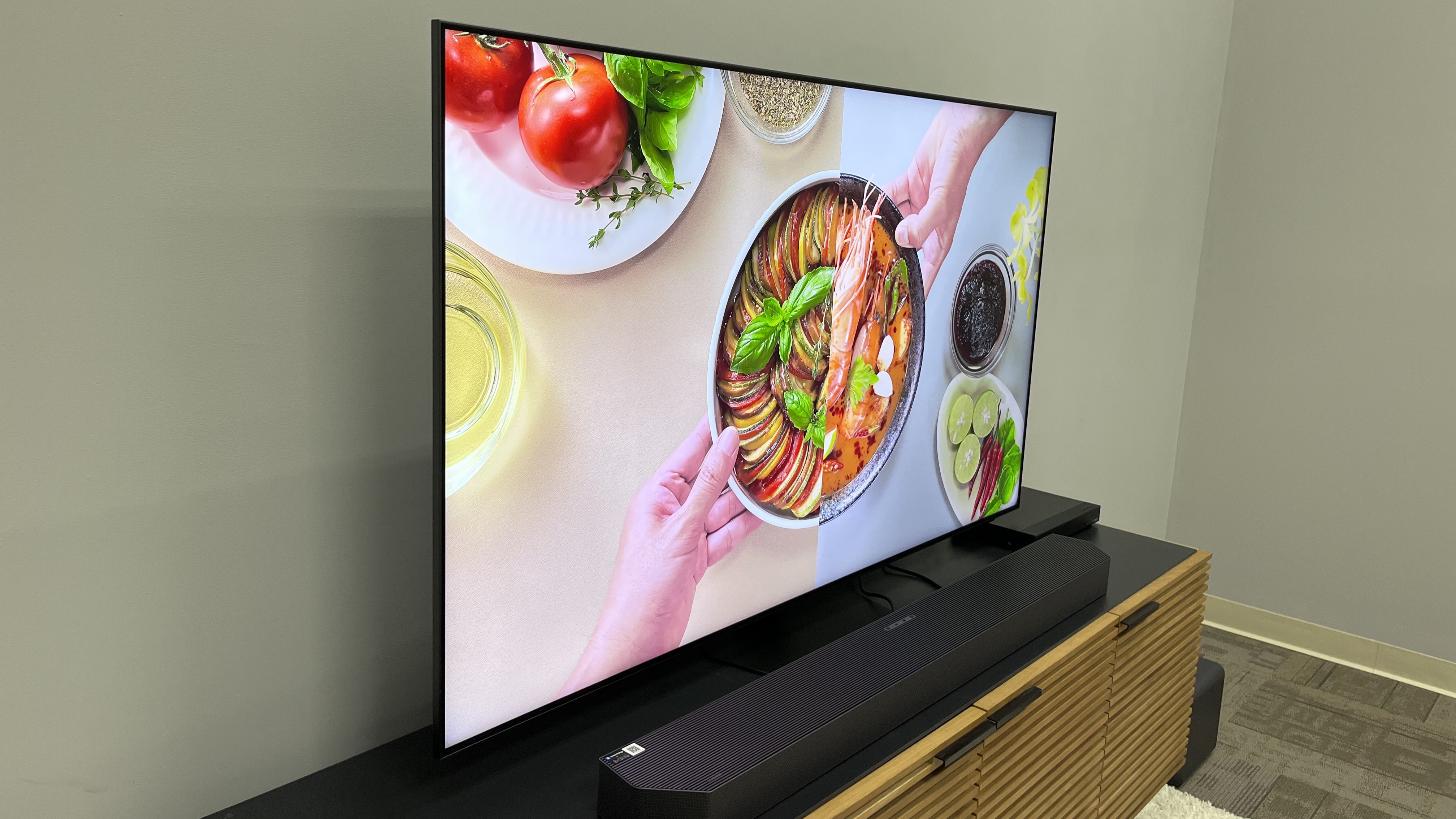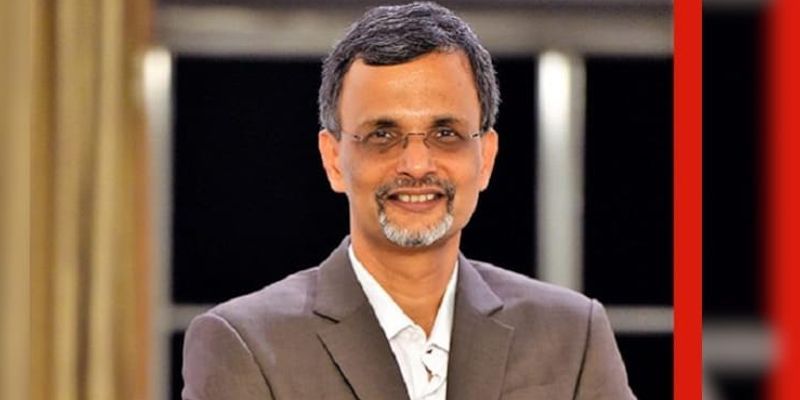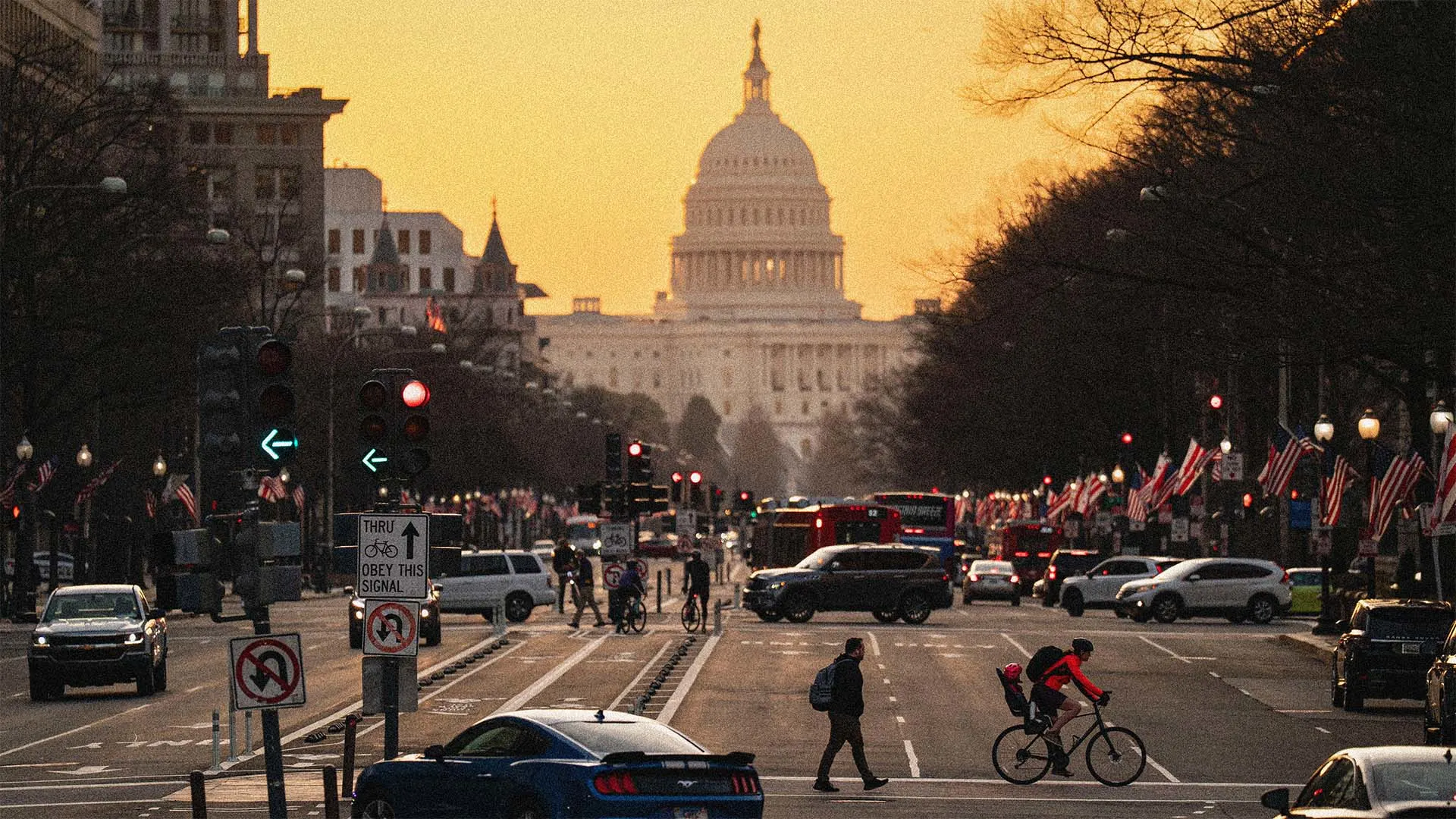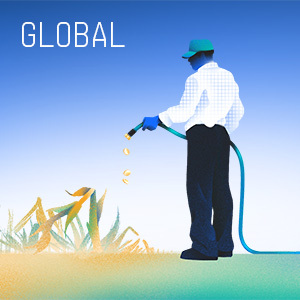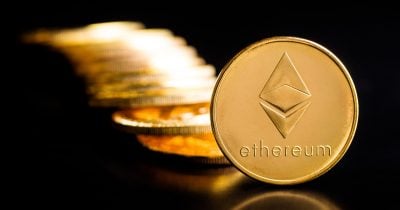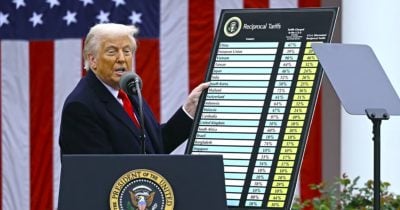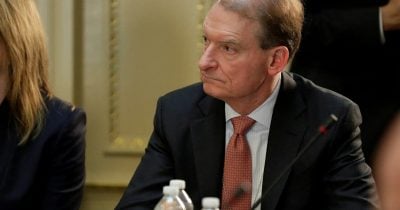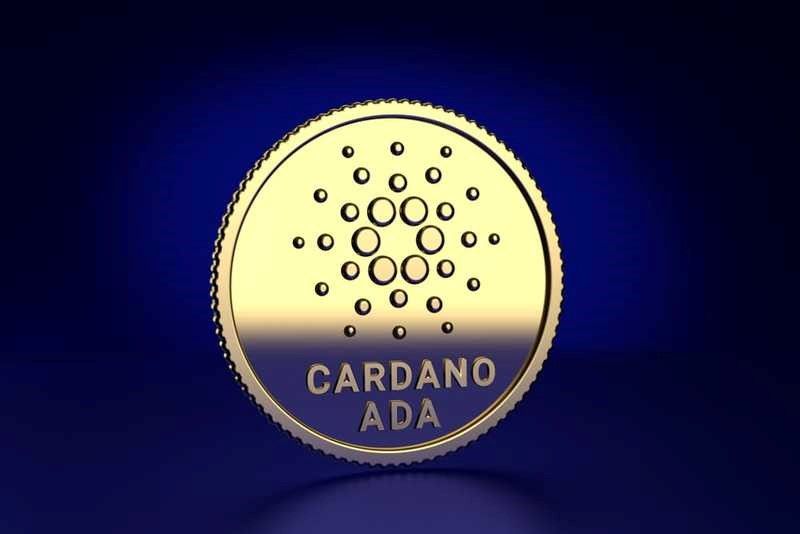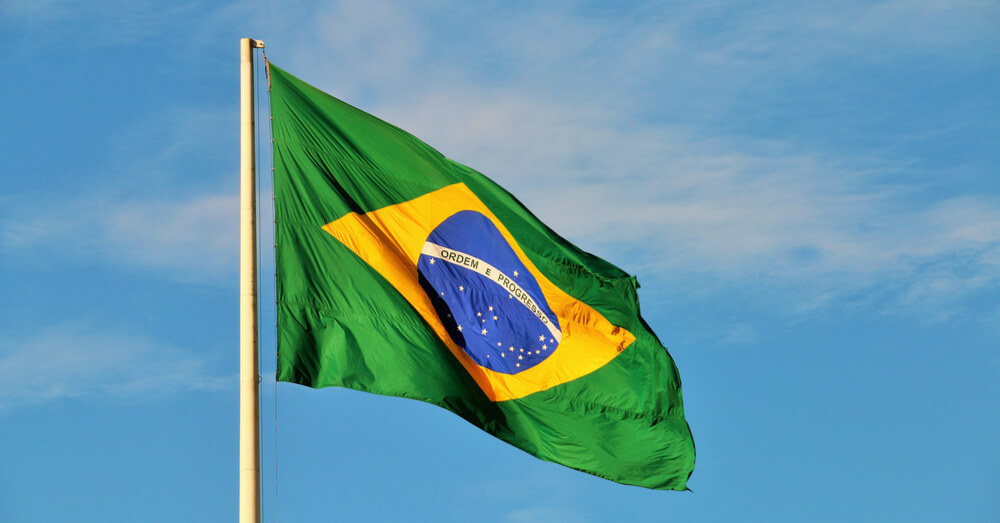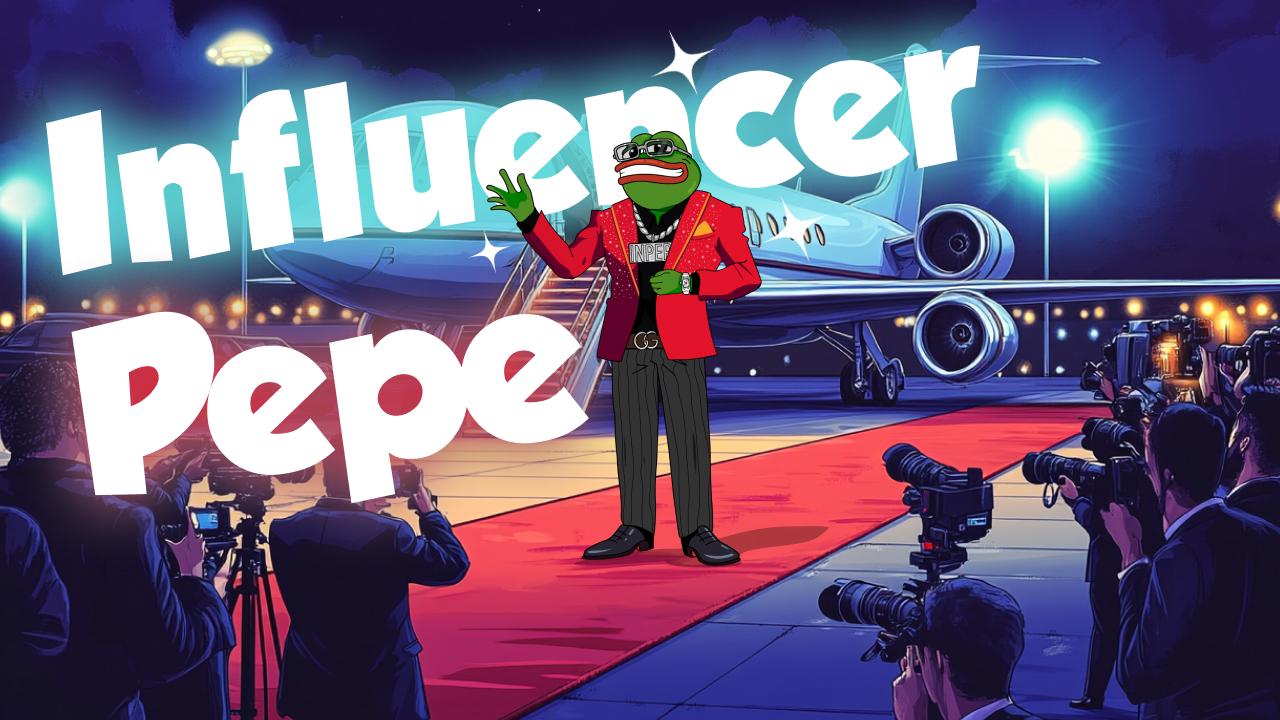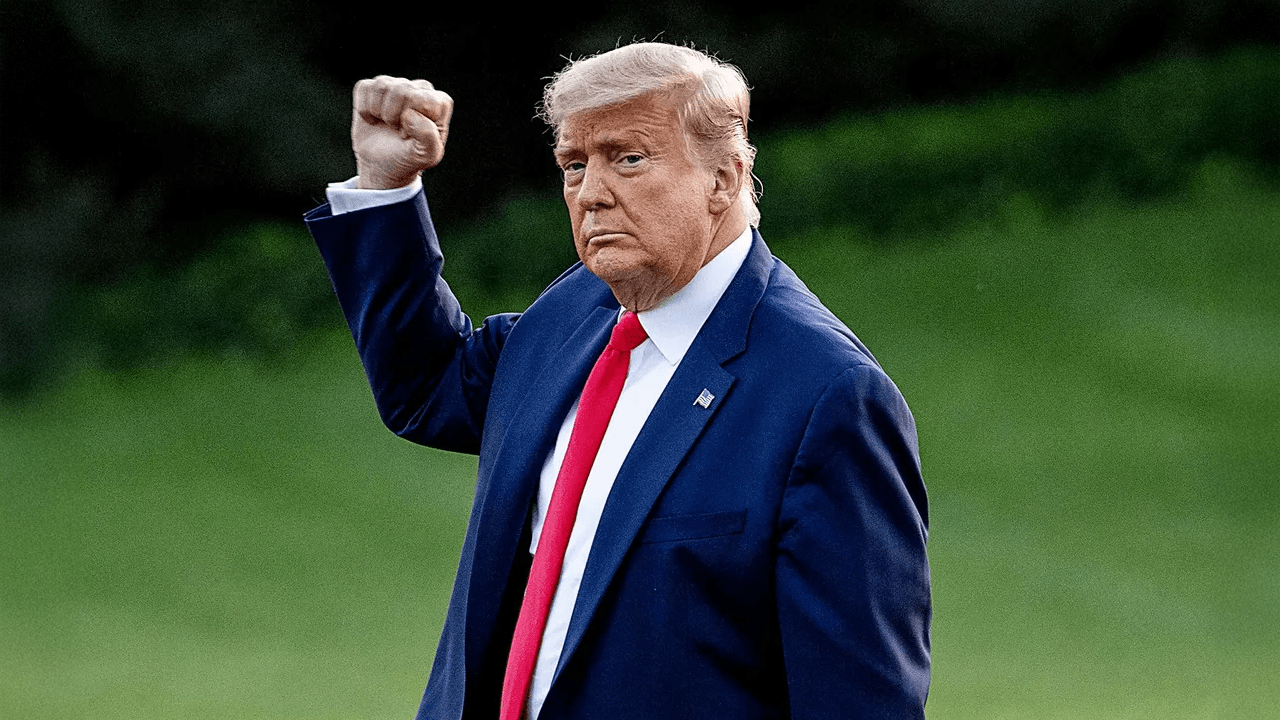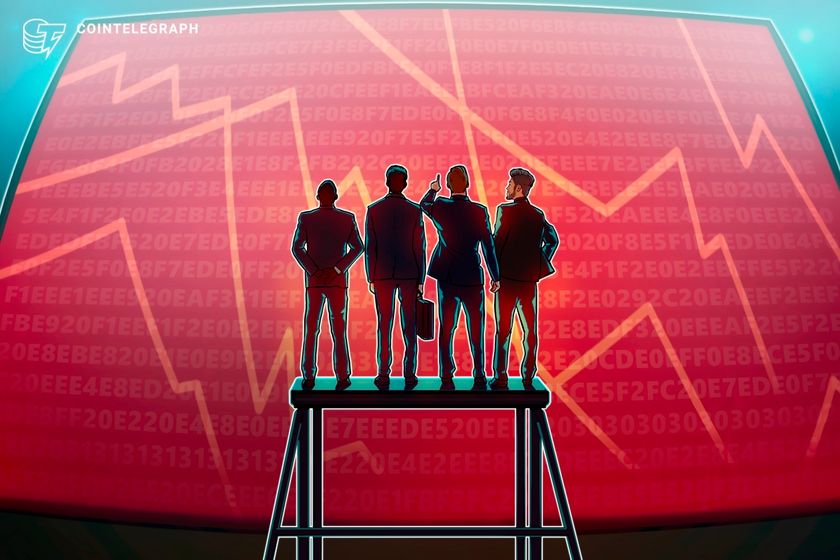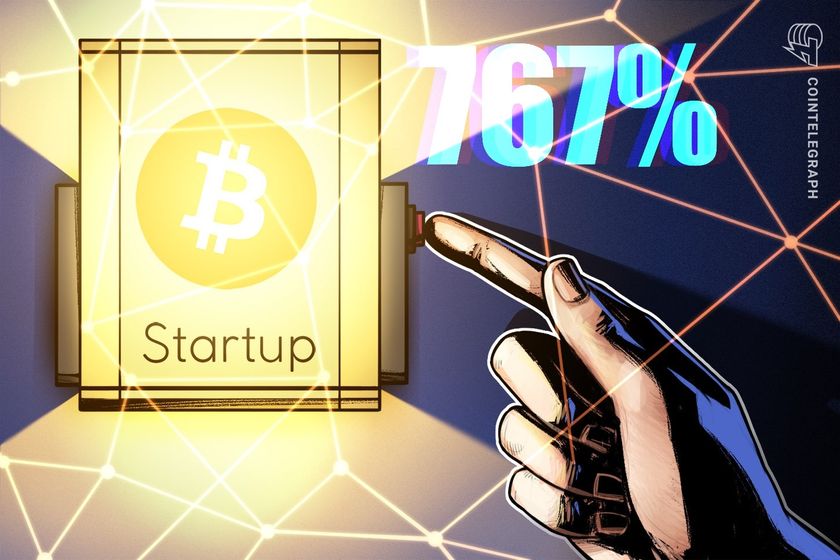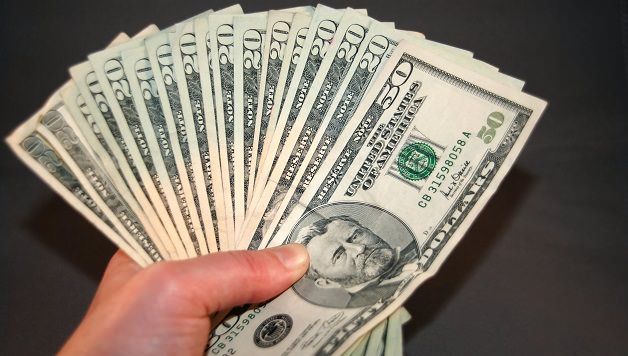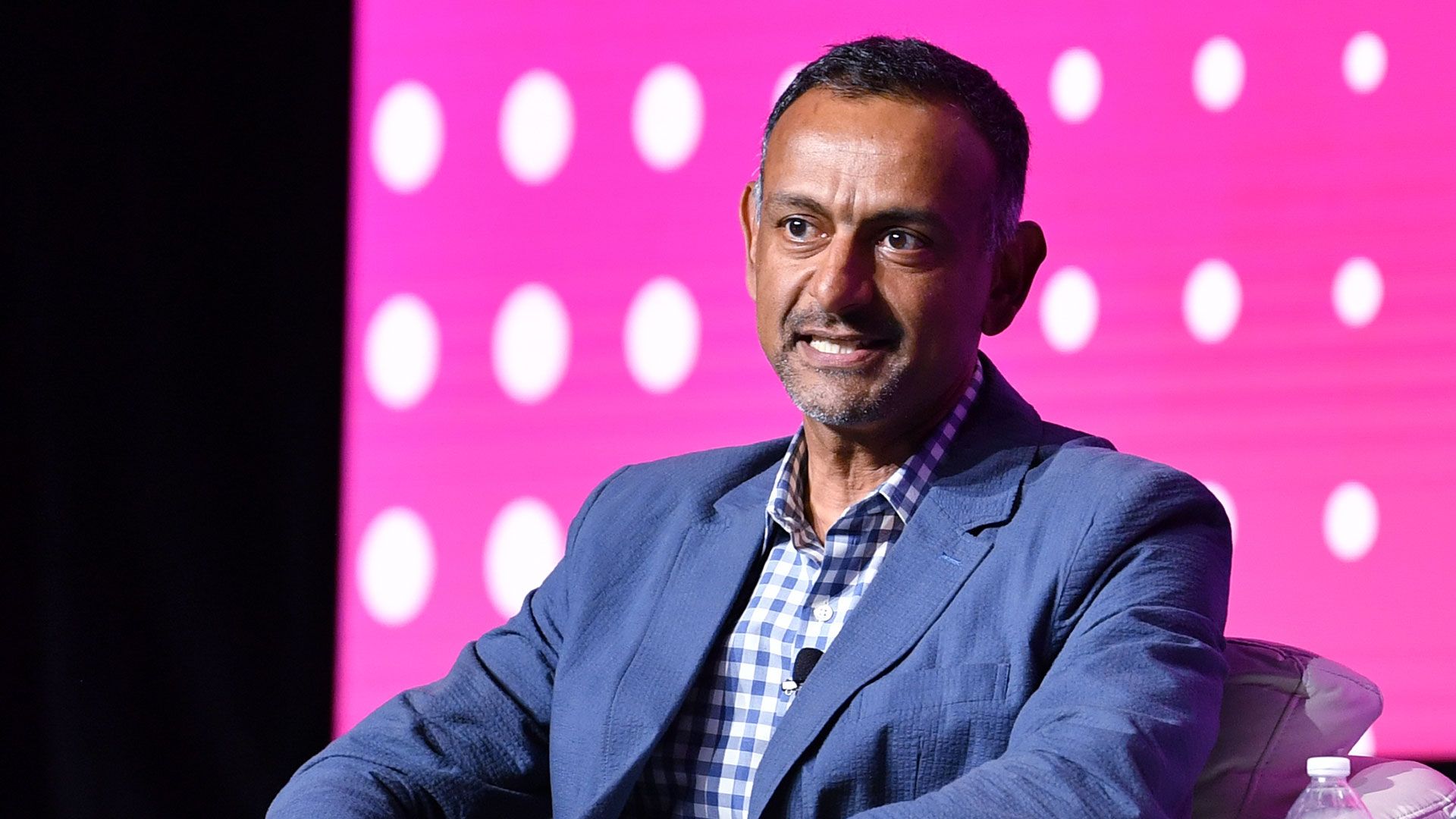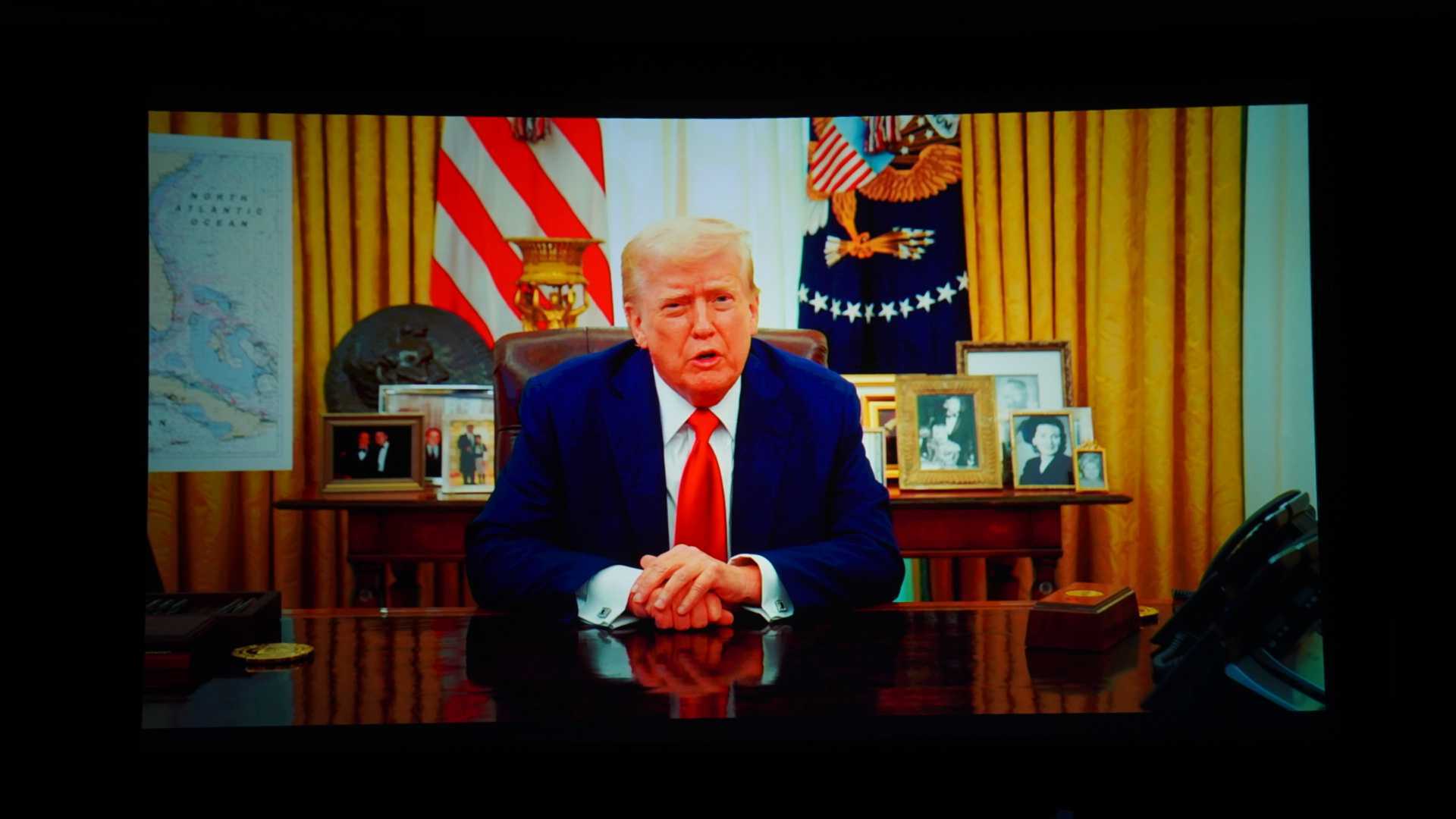Trump’s ‘Liberation Day’ tariffs could upend global trade
The world is bracing for impact as the so-called “Liberation Day” arrives on Wednesday, the latest installment of President Trump’s tariff announcements since his return to office in January. In a Rose Garden address at 4 p.m. ET, the president is set to unveil a sweeping “reciprocal tariff” plan, targeting not only Mexico, Canada, and China, but also other countries in a trade surplus with the U.S. or those holding tariffs on American products. It is still unclear what countries and industries will be impacted by today’s announcement, as well as the rate of tariffs imposed, and if they will be imposed universally or by country. However, the policy changes are said to go into effect after his speech. While much is still uncertain, here is how world leaders are reacting ahead of Trump’s “Liberation Day” speech. Mexico President Claudia Sheinbaum’s “cool head” approach has helped Mexico evade some of Trump’s tariffs since he first announced 25% levies on Mexican exports in early February. Sheinbaum said Wednesday in her daily morning briefing that she would announce an”integral plan” on Thursday. “Our interest is to strengthen the Mexican economy,” Sheinbaum said, “it’s not an issue of if you tariff me, I tariff you.” Canada Following on-again-of-again tariffs between Canada and the US, Canadian Prime Minister Mark Carney warned Trump that Canada will impose retaliatory tariffs on American exports, although no specifics have been revealed yet. China In early February, Trump imposed a 10% tariff on all Chinese imports, upending a tariff war between the world’s two largest economies. After the US raised tariffs to 20% in early March, China responded with retaliatory tariffs, with 10% and 15% levies on various food and agricultural goods. Ahead of liberation day, China held economic dialogue with Japan and South Korea, seeking a coordinated response with the three nations. However, Japanese and South Korean officials said that decision was not taken. EU Ahead of the April 2 announcement, European Commission President Ursula von der Leyen said, “Europe did not start this confrontation, we do not necessarily want to retaliate, but if it is necessary we have a strong plan to retaliate and we will use it.” In early March, the European Comission responded to Trump’s tariffs on aluminium and steel by launching “swift and proportionate countermeasures on US imports into the EU,” a statement read. Countermeasures included tariffs on American goods like bourbon and motorbikes worth up to $28 million in exports.

The world is bracing for impact as the so-called “Liberation Day” arrives on Wednesday, the latest installment of President Trump’s tariff announcements since his return to office in January.
In a Rose Garden address at 4 p.m. ET, the president is set to unveil a sweeping “reciprocal tariff” plan, targeting not only Mexico, Canada, and China, but also other countries in a trade surplus with the U.S. or those holding tariffs on American products.
It is still unclear what countries and industries will be impacted by today’s announcement, as well as the rate of tariffs imposed, and if they will be imposed universally or by country. However, the policy changes are said to go into effect after his speech.
While much is still uncertain, here is how world leaders are reacting ahead of Trump’s “Liberation Day” speech.
Mexico
President Claudia Sheinbaum’s “cool head” approach has helped Mexico evade some of Trump’s tariffs since he first announced 25% levies on Mexican exports in early February.
Sheinbaum said Wednesday in her daily morning briefing that she would announce an”integral plan” on Thursday. “Our interest is to strengthen the Mexican economy,” Sheinbaum said, “it’s not an issue of if you tariff me, I tariff you.”
Canada
Following on-again-of-again tariffs between Canada and the US, Canadian Prime Minister Mark Carney warned Trump that Canada will impose retaliatory tariffs on American exports, although no specifics have been revealed yet.
China
In early February, Trump imposed a 10% tariff on all Chinese imports, upending a tariff war between the world’s two largest economies. After the US raised tariffs to 20% in early March, China responded with retaliatory tariffs, with 10% and 15% levies on various food and agricultural goods.
Ahead of liberation day, China held economic dialogue with Japan and South Korea, seeking a coordinated response with the three nations. However, Japanese and South Korean officials said that decision was not taken.
EU
Ahead of the April 2 announcement, European Commission President Ursula von der Leyen said, “Europe did not start this confrontation, we do not necessarily want to retaliate, but if it is necessary we have a strong plan to retaliate and we will use it.”
In early March, the European Comission responded to Trump’s tariffs on aluminium and steel by launching “swift and proportionate countermeasures on US imports into the EU,” a statement read. Countermeasures included tariffs on American goods like bourbon and motorbikes worth up to $28 million in exports.






















































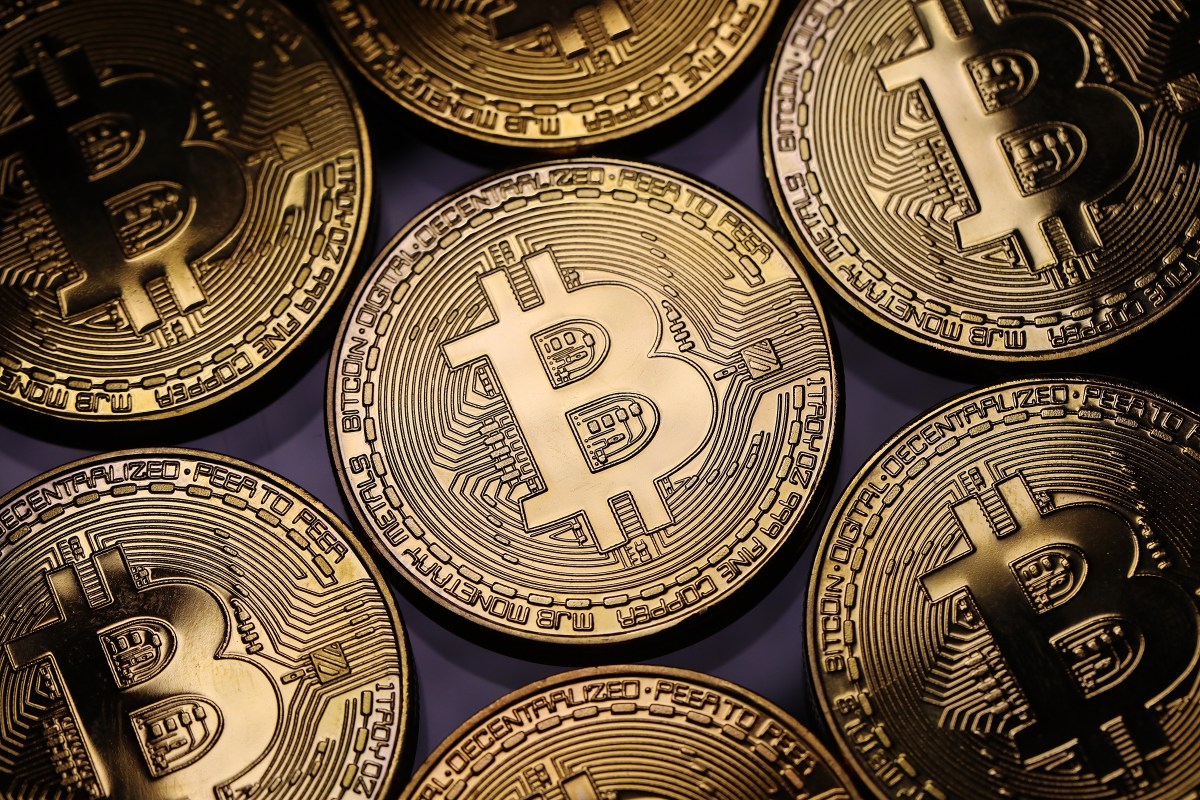












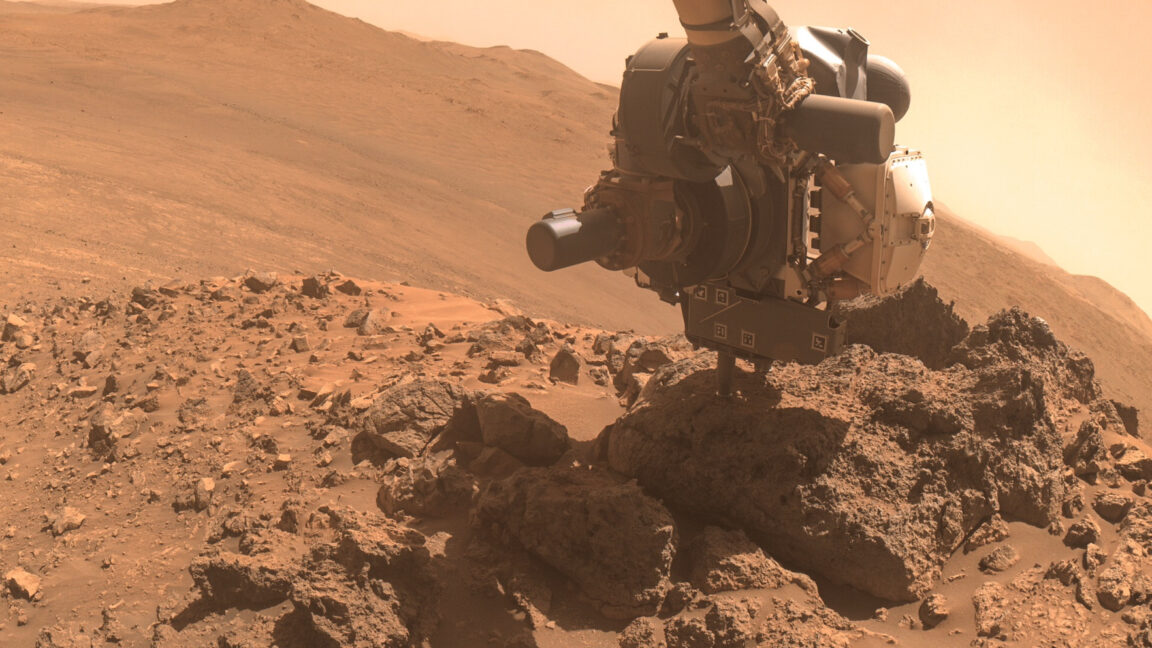










































































































![[The AI Show Episode 142]: ChatGPT’s New Image Generator, Studio Ghibli Craze and Backlash, Gemini 2.5, OpenAI Academy, 4o Updates, Vibe Marketing & xAI Acquires X](https://www.marketingaiinstitute.com/hubfs/ep%20142%20cover.png)















































































































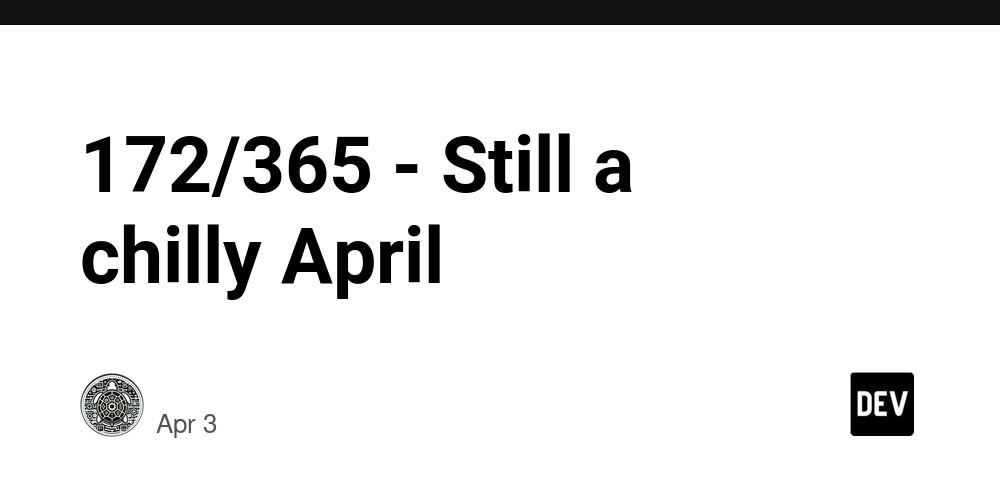
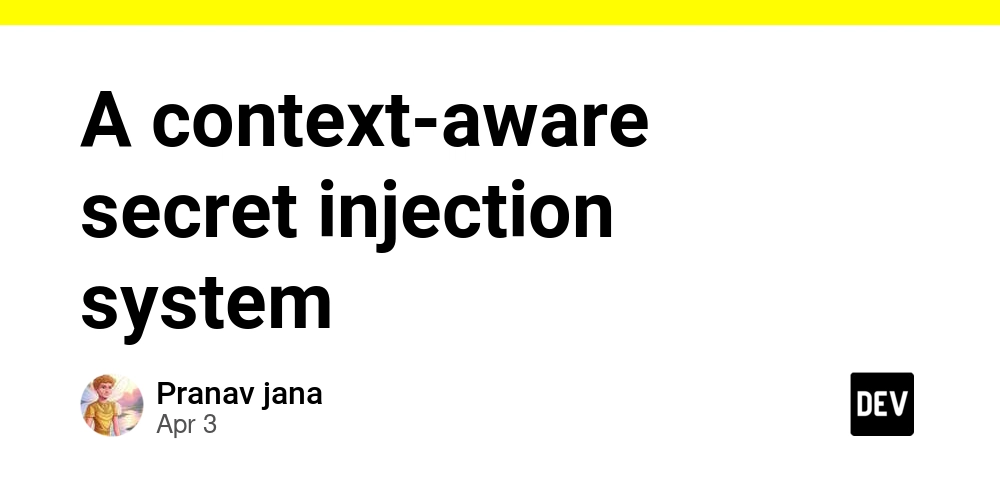
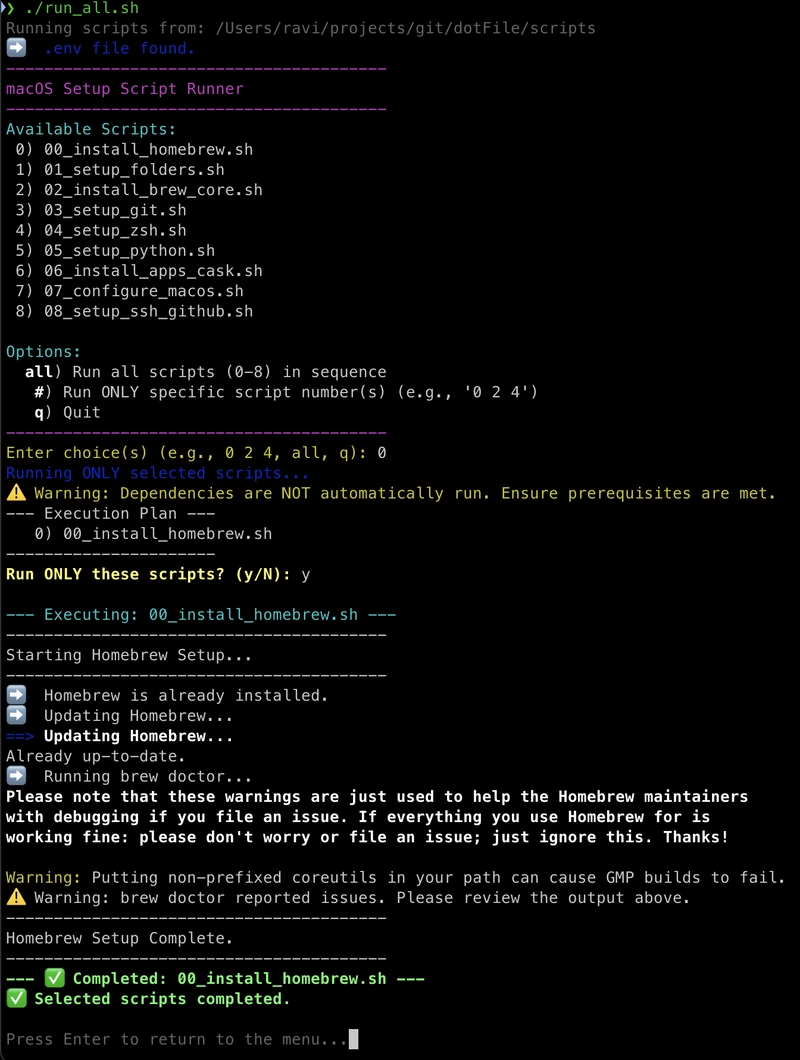













![[DEALS] Microsoft Office Professional 2021 for Windows: Lifetime License (75% off) & Other Deals Up To 98% Off – Offers End Soon!](https://www.javacodegeeks.com/wp-content/uploads/2012/12/jcg-logo.jpg)





























































































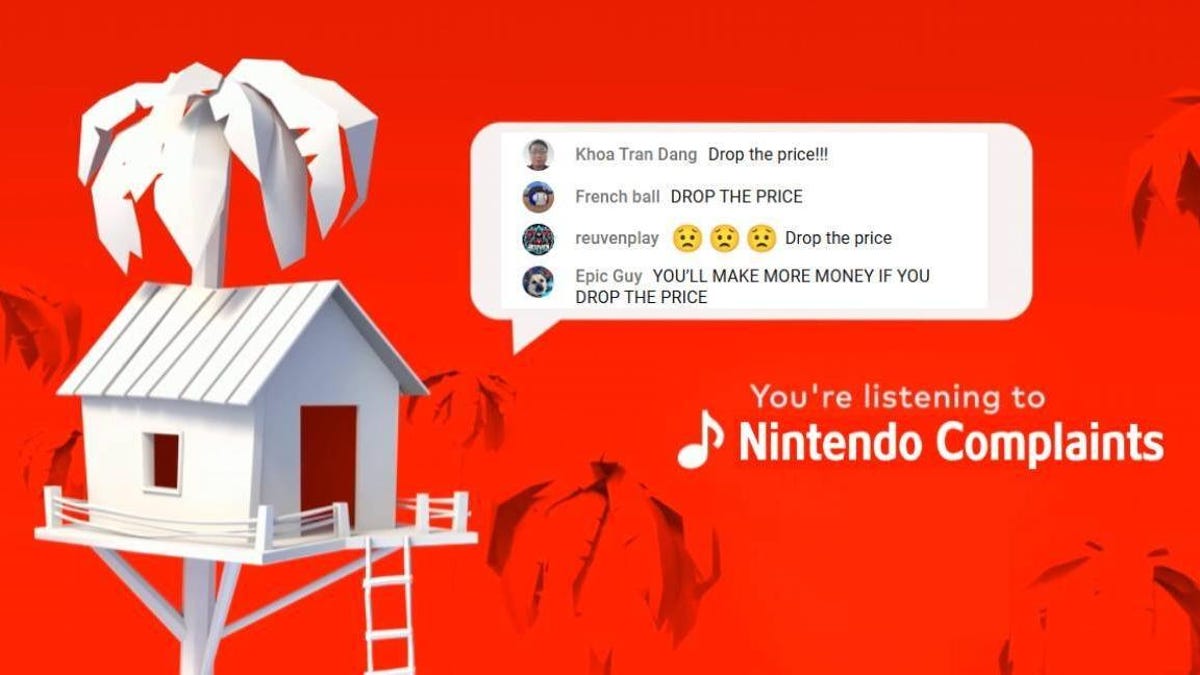

















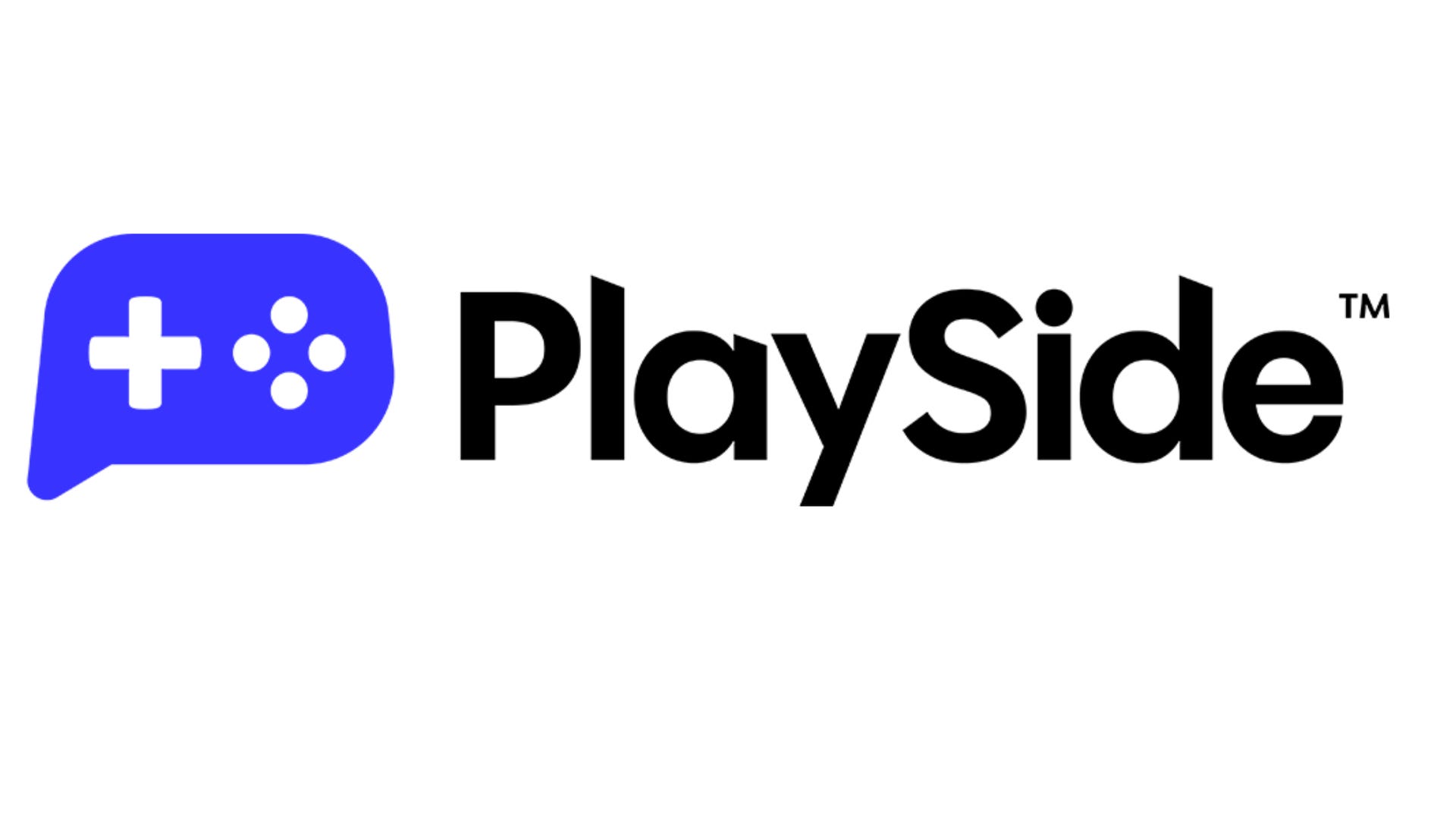





























_Anthony_Brown_Alamy.jpg?#)
_Hanna_Kuprevich_Alamy.jpg?#)
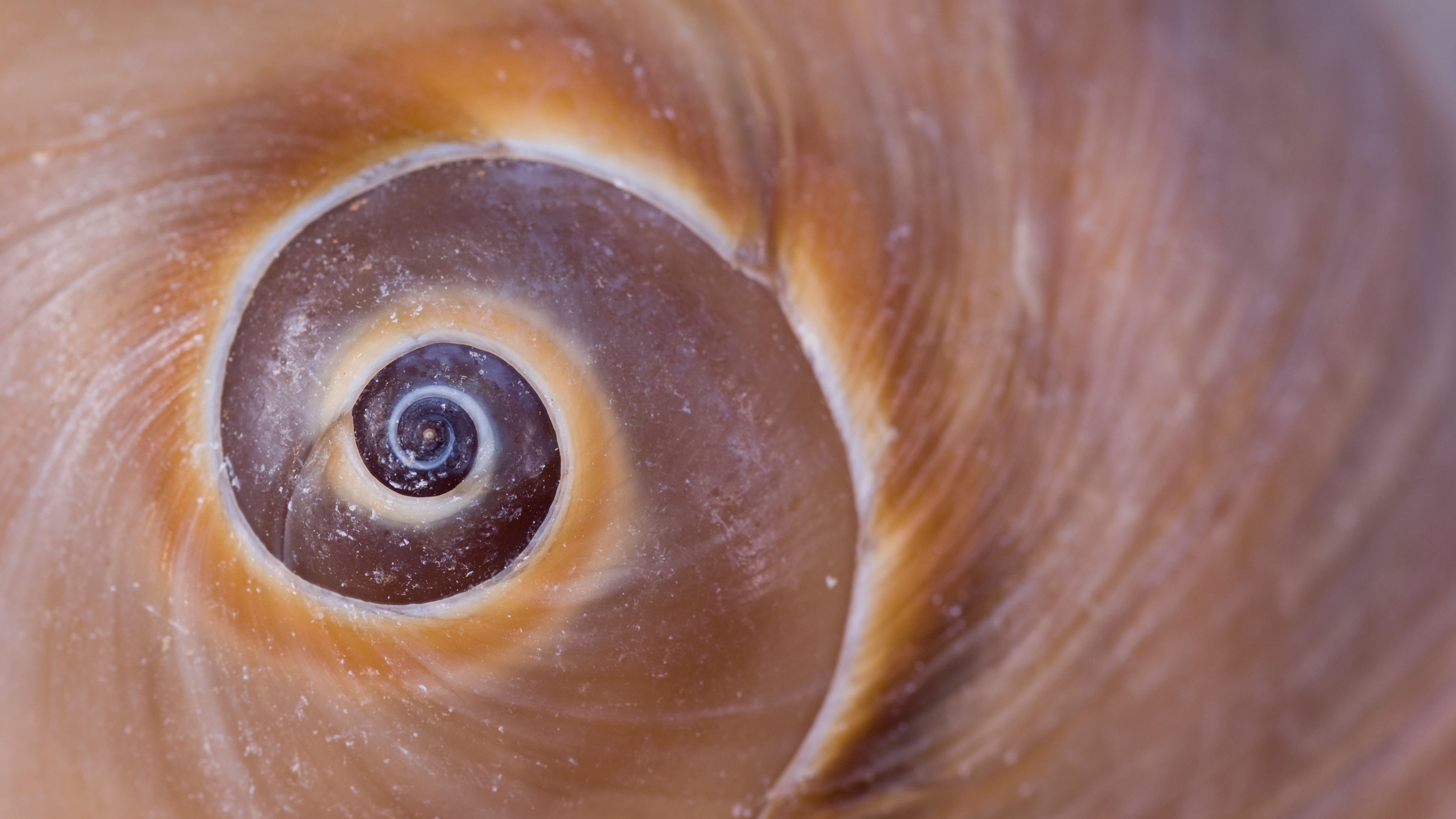



.png?#)


















































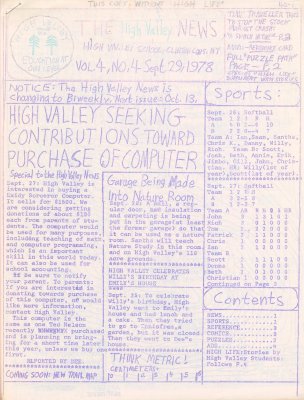
























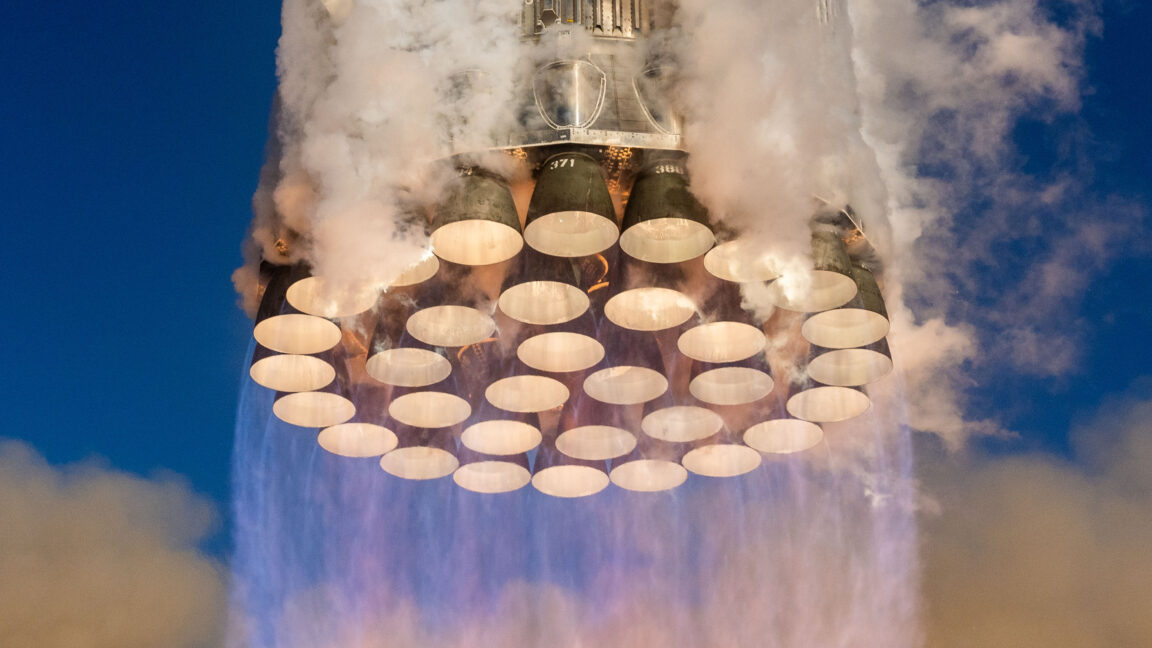


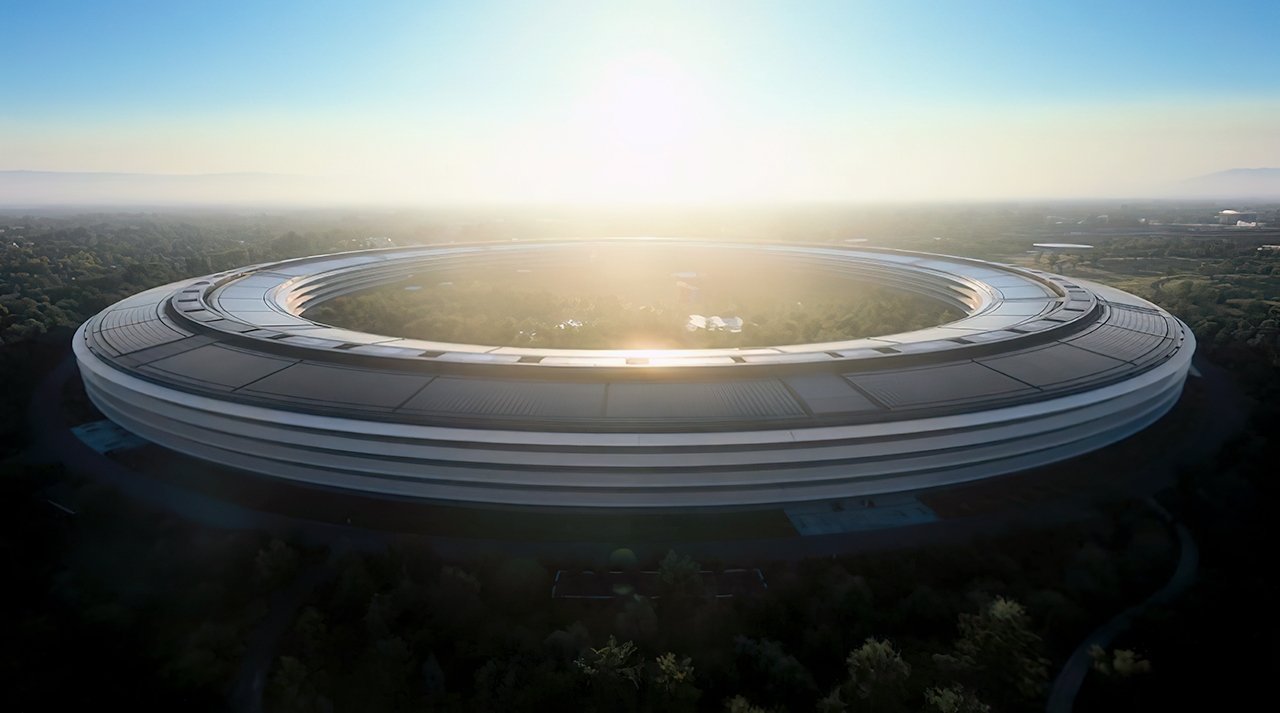
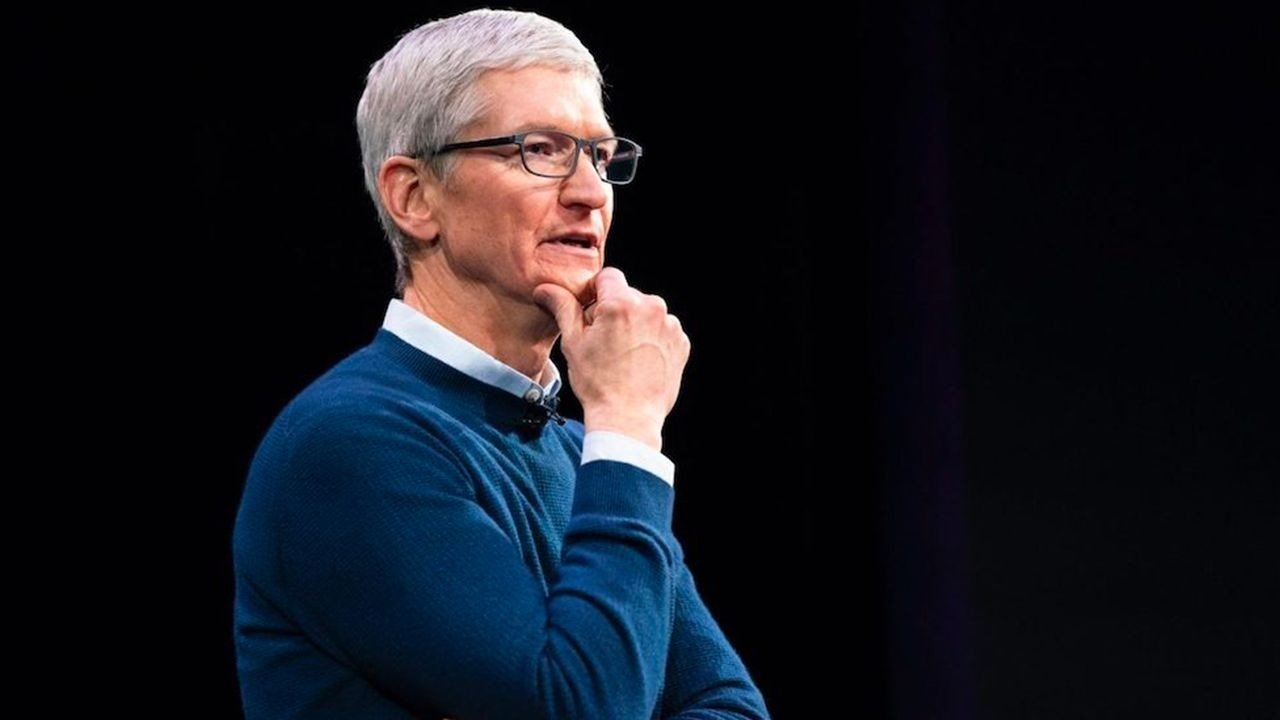



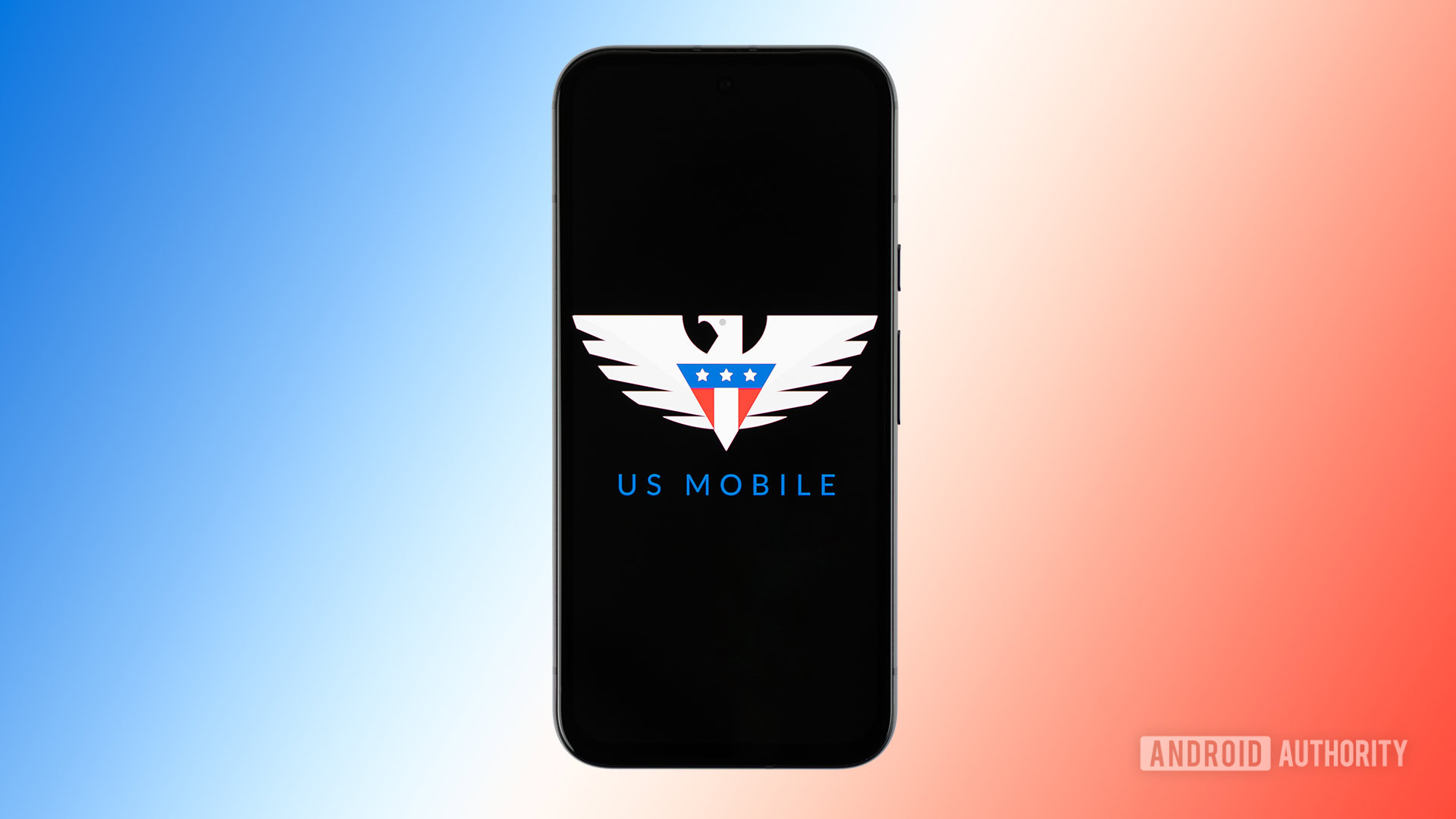

















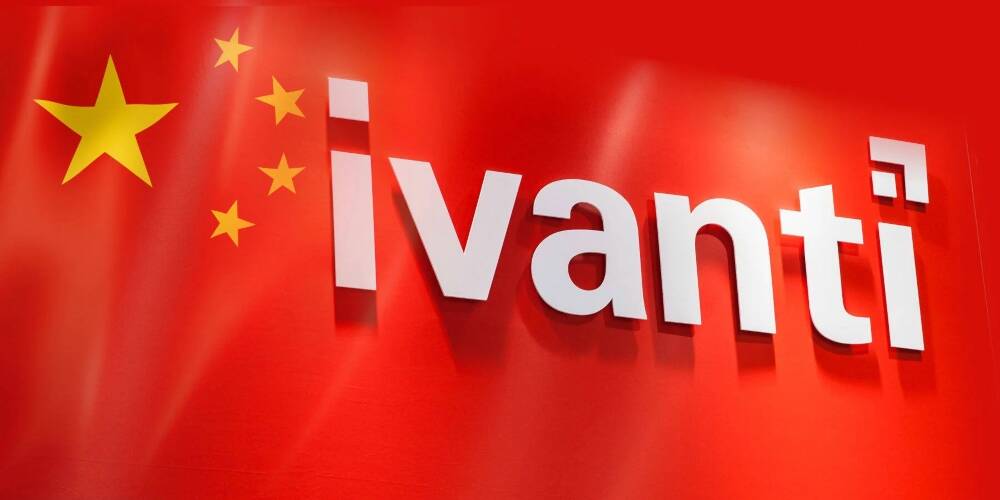
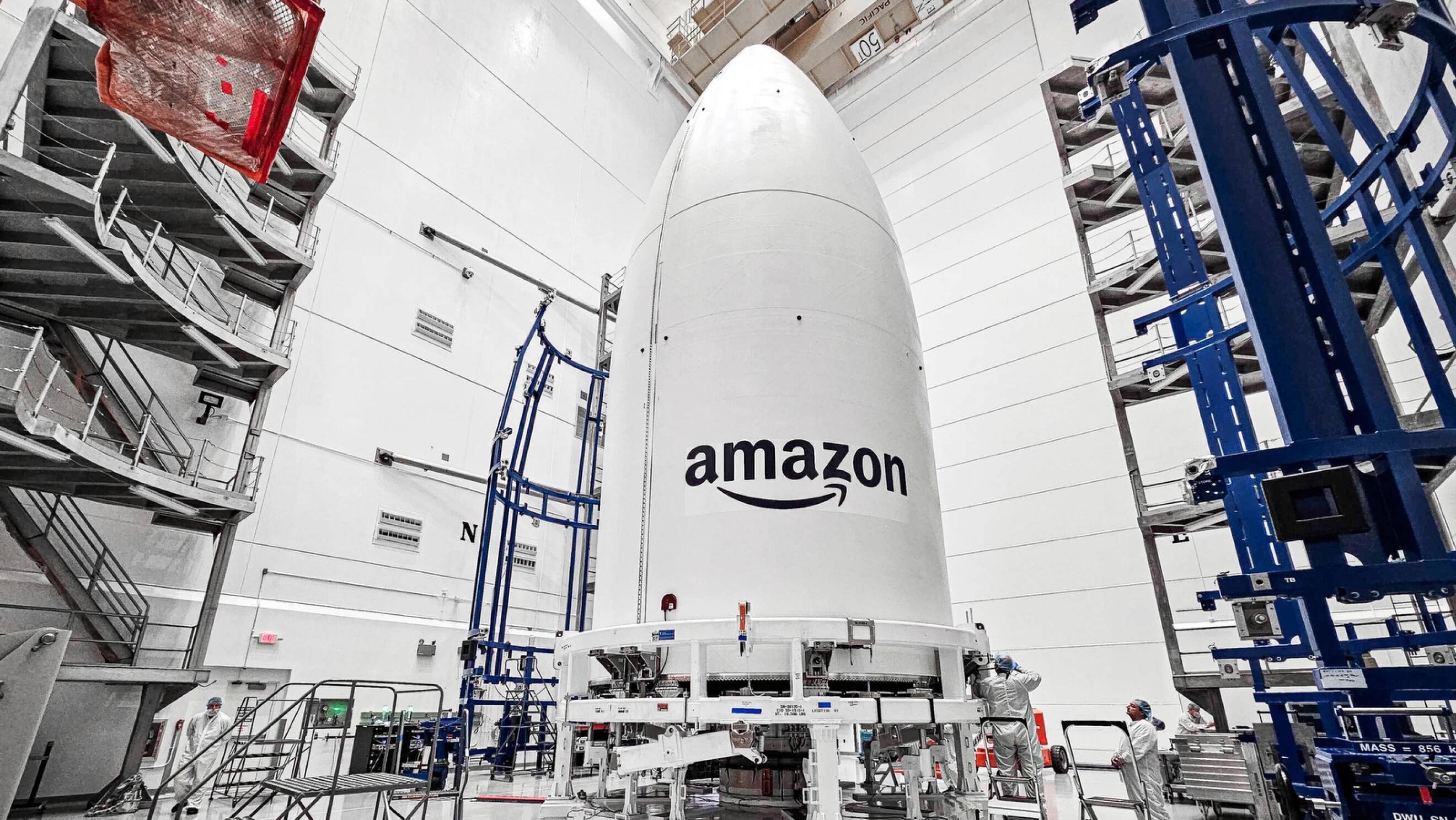


![YouTube Announces New Creation Tools for Shorts [Video]](https://www.iclarified.com/images/news/96923/96923/96923-640.jpg)

![Apple Faces New Tariffs but Has Options to Soften the Blow [Kuo]](https://www.iclarified.com/images/news/96921/96921/96921-640.jpg)














